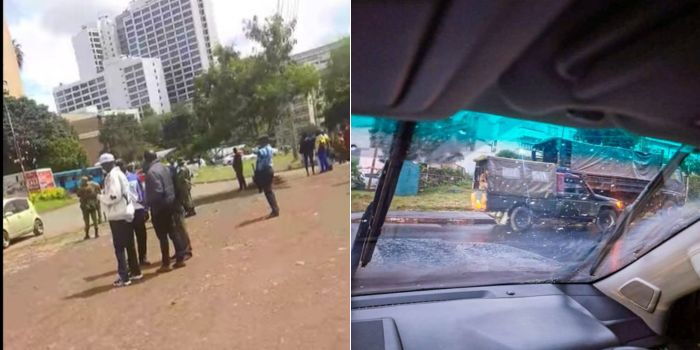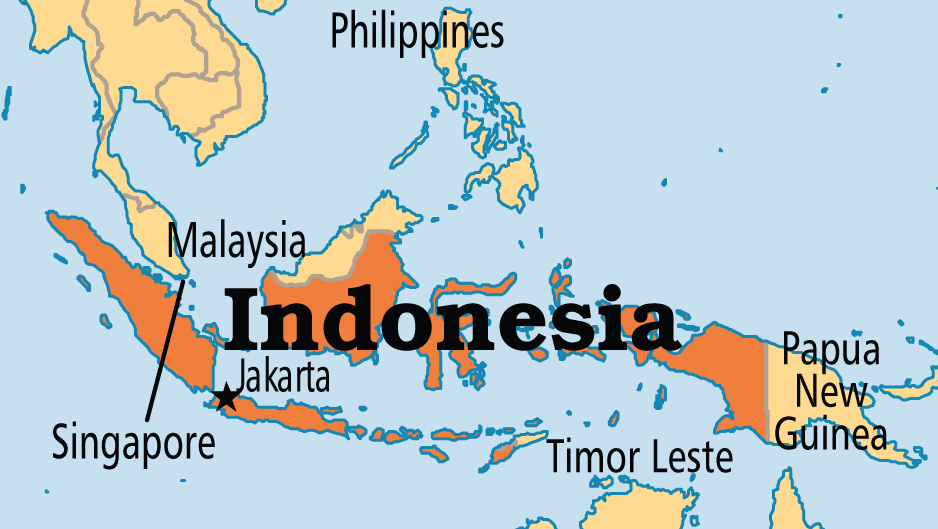EFCC and ICPC urged to investigate corruption allegations

A civic group, the Zamfara Accountability and Development Coalition (ZADC), has accused top officials in Governor Dauda Lawal’s administration of diverting funds meant for local government development. The group claims billions of naira have disappeared over the past six months, leaving Zamfara’s local councils unable to provide basic services. ZADC has urged the EFCC to probe the alleged corruption and recover all misappropriated funds. They describe the alleged actions as “economic sabotage” and a betrayal of public trust.
ZADC named the commissioner for local government and chieftaincy affairs, the commissioner for finance, the accountant-general, and the permanent secretary in the Ministry of Local Government and Chieftaincy Affairs as key figures in the alleged misconduct. The coalition states the funds meant for development projects at the grassroots are routinely withheld at the state level, leaving local councils unable to function effectively. They claim local governments in Zamfara have become ceremonial offices, with the real work of looting allegedly happening in Gusau.
According to ZADC, the alleged diversion of funds has directly impacted the state’s deteriorating infrastructure and public services, with health centers lacking medicines, schools being empty shells, and rural roads being death traps. The group also criticizes Governor Lawal for allegedly turning a blind eye to the mismanagement, describing the state’s Joint Allocation Committee (JAC) as compromised and opaque.
ZADC has called on Nigeria’s anti-graft agency, the Economic and Financial Crimes Commission (EFCC), to investigate the alleged misappropriation and prosecute those found culpable. They demand that all diverted funds be recovered and used to execute community-based projects. The federal government has warned elected officials who collude with governors to divert allocations meant for Nigeria's 774 local government areas, stating that criminal actions will be initiated against such officials, in line with the Supreme Court's judgment that granted financial autonomy to local governments.
The Socio-Economic Rights and Accountability Project (SERAP) has urged Mr. Bayo Bashir Ojulari, Group Chief Executive Officer of the Nigerian National Petroleum Company Limited (NNPCL), to provide explanations and account for N500 billion that the NNPCL reportedly failed to remit to the Federation Account between October and December 2024. SERAP also urged the NNPCL CEO to invite the EFCC and ICPC to investigate the spending and whereabouts of the missing funds and to ensure their full recovery and remittance to the Federation Account without further delay.
SERAP’s call follows a recent disclosure by the World Bank that out of N1.1 trillion generated by the NNPCL from crude sales and other income in 2024, only N600 billion was remitted, leaving a deficit of N500 billion unaccounted for. SERAP has demanded that Mr. Ojulari identify those suspected to be involved, surcharge them for the full amount involved, and hand them over to the Independent Corrupt Practices and Other Related Offences Commission (ICPC) and the Economic and Financial Crimes Commission (EFCC) for investigation and prosecution.
SERAP states that the country’s oil wealth ought to be used solely for the benefit of the Nigerian people and that Nigerians have the right to know why the NNPCL failed to remit the subsidy removal savings to the Federation Account. SERAP has given a seven-day deadline for action, stating that if they do not hear back, they will consider appropriate legal actions to compel the NNPCL to comply with their requests in the public interest.
SERAP has expressed concern that the Auditor-General of the Federation and the Nigeria Extractive Industries Transparency Initiative (NEITI) have for years reported disappearances of oil revenue from the NNPCL. SERAP underscores that combating corruption in the oil sector would improve poverty levels, enhance access to basic public services, and enable the government to meet human rights and anti-corruption commitments. SERAP concludes that without full recovery and remittance of the missing oil revenue, the dire economic situation may worsen, and Nigerians will continue to be denied access to basic public goods and services.











